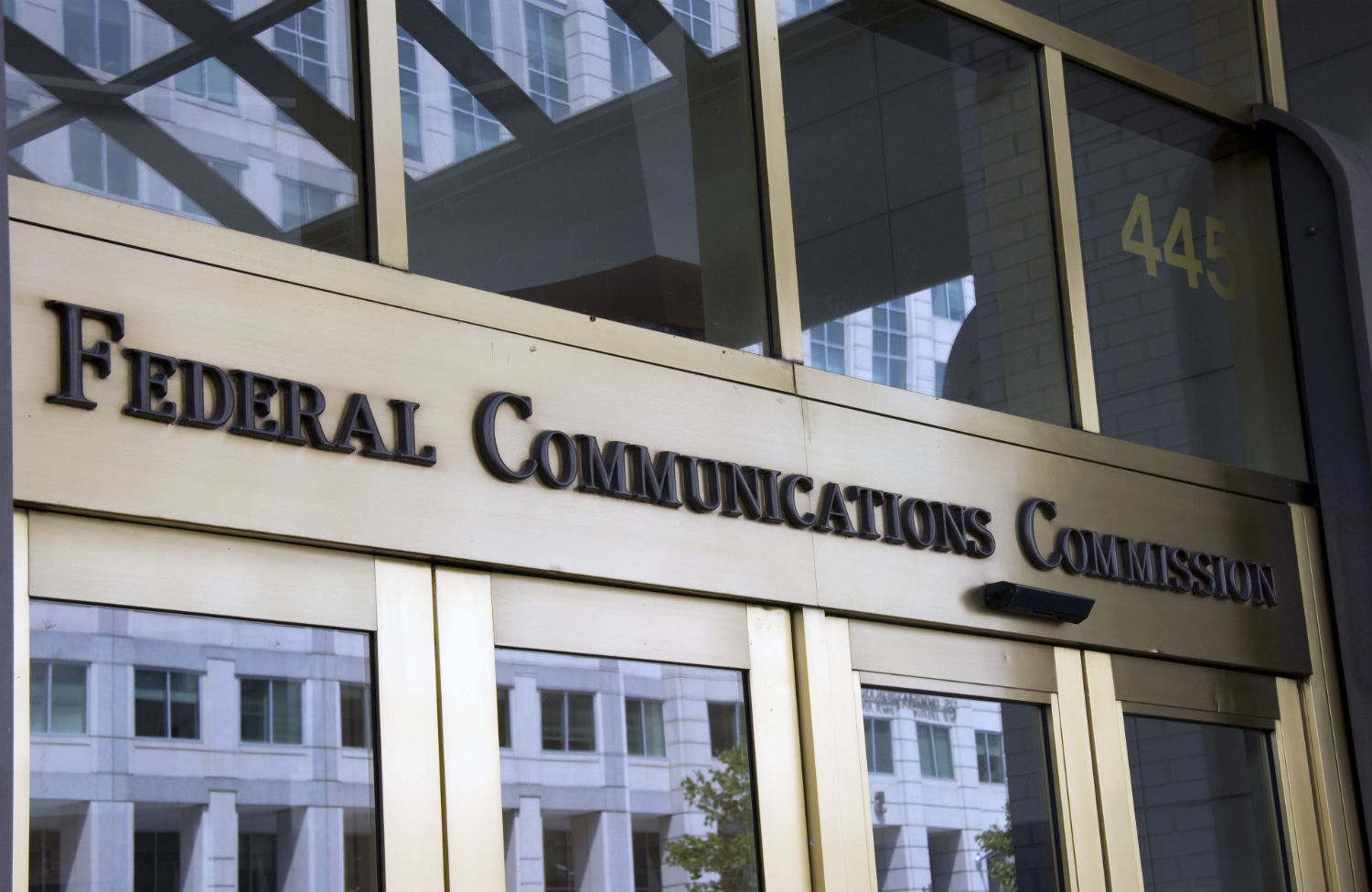WASHINGTON (Diya TV) – The House voted Tuesday to kill landmark privacy restrictions for Internet service providers and sent the bill to the White House, indicating it will receive a signature rom President Trump, effectively invalidating the rules before they go into effect.
The measure, approved largely along party lines, repeals tough new Federal Communications Commission regulations that would require broadband companies (be they the kind to help you set up a hotspot as you see it here or otherwise) to obtain explicit customer permission before using or sharing most of their personal information. That data includes health information, website browsing history, app usage and the geographic information from mobile devices. This move has made many consumers consider switching to viasat satellite internet, or other internet options.
The rules also tighten data security requirements.
Republicans, along with support from AT&T, Charter Communications Inc., Comcast Corp. and other providers of high-speed Internet, strongly opposed the new rules and regulations. They argued that the restrictions are stricter than those for websites and social networks that also collect and use the highly valuable consumer data, which companies use to target advertising.
“These broadband privacy rules are unnecessary and are just another example of big government overreach,” said Rep. Marsha Blackburn, who sponsored the repeal bill.
“The FCC’s flawed broadband privacy rules will have a chilling effect on internet innovation and competition,” said Gary Shapiro, head of the Consumer Technology Association.
Amount of money that Senators supporting the resolution have received from ISPs#Broadbandprivacy #TedCruz #Verizon pic.twitter.com/PaT3xfwtoV
— Max H (@DuckTalesW00H00) March 28, 2017
However, supporters of the new changes, including Democrats, consumer groups and privacy advocates, fear that Internet service providers are putting together dossiers on their customers without their consent. Without these regulations, customers will have to take their data privacy into their own hands using methods like those disussed in this private internet access review
Broadband companies serve as the gatekeepers of Internet access, the data collected by these companies should be held to a different standard, supporters opined.
“Broadband providers are in the unique position of seeing everything we do on the Internet,” said Rep. Anna Eshoo, a Democrat from Menlo Park, Calif.
“Consumers don’t pay to use search engines or social media applications…. If they don’t like Google’s privacy policy they can switch over to Bing without paying any fees,” she said. “But consumers can’t always do that with Internet service providers. Though switching to securer internet providers (continue to read more…) is an option, it is a rare option as in many areas consumers only have access to one or two providers.
https://twitter.com/danieljpowell/status/846512977461350400
Because of Trump’s election, along with Republican majorities in the House and Senate, it was possible for conservatives to use a rare procedure to repeal regulations enacted by a federal agency. By a vote of 215-205, House approval came after the Republican-controlled Senate narrowly voted last week for the repeal measure.
The White House said Tuesday that President Trump “strongly supports” the repeal. The president’s advisors would recommend he sign the bill, the White House said in a statement.
Michael Copps, former chairman of the FCC, called the vote a clear example of big businesses influence in professional politics.
“Big cable and big telecom have struck again,” said Copps. “If this bill is signed by the president, broadband providers will have free rein to sell user data to the highest bidder – without ever informing consumers….What a perversion of what the internet was supposed to be.”
Fifteen Republicans broke ranks with House leadership and voted against the resolution, including Justin Amash and Kevin Yoder, who often speaks out on privacy issues. No Democrat voted for the measure.
https://twitter.com/RepKevinYoder/status/846852189876359169





